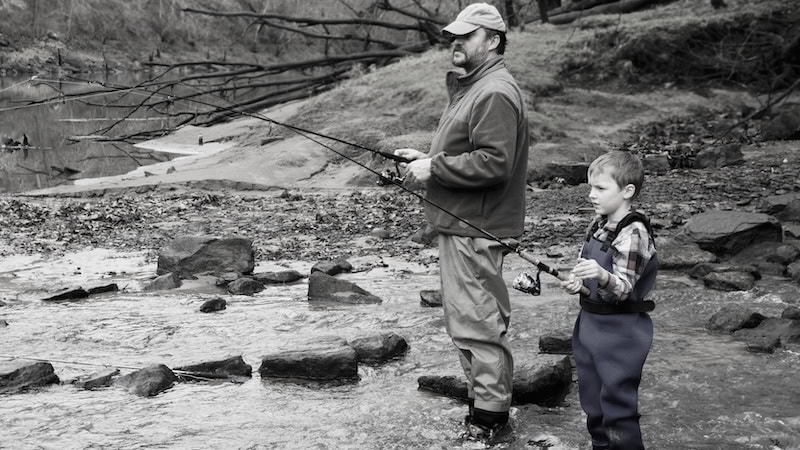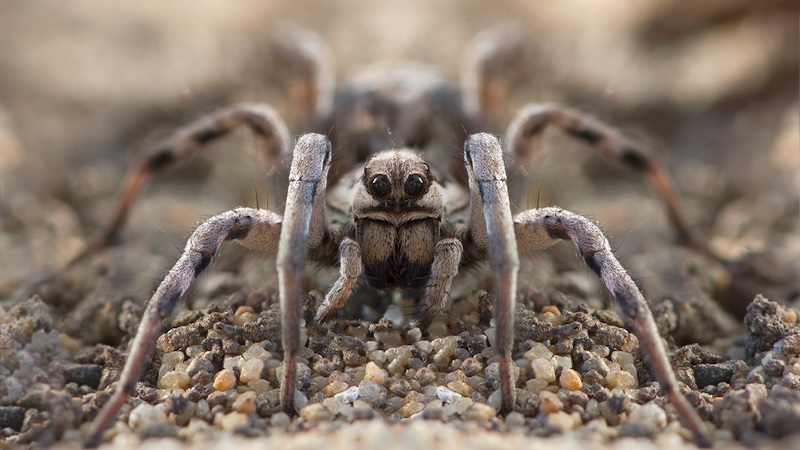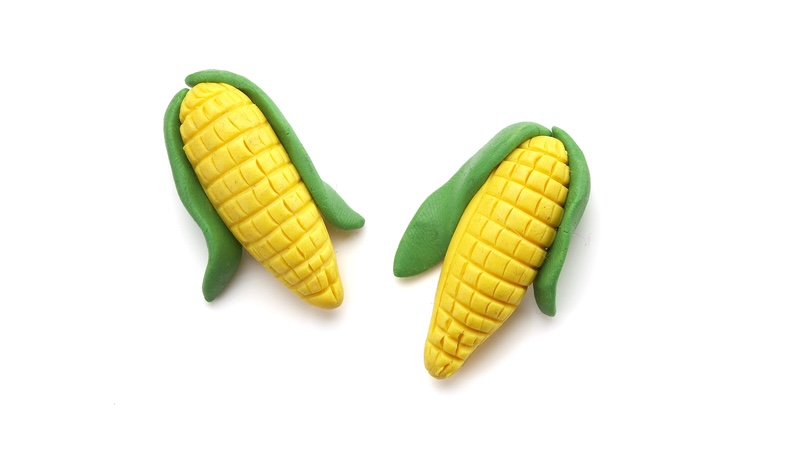Unconditionally Dad
‘Sometimes you do better … sometimes you learn to love’

We first know our parents when we are children, with all of the immaturity that comes with youth. We may grow past the immature behaviors; we may live with regrets; we may learn unconditional love. Michael W. Updike pulls up memories of his father and recalls his dad’s final days.
I remember climbing those steps to the hospital thinking he was no longer that Daddy who I used to climb on like he was monkey bars; he was no longer the man who told the karate champ who gave him some grief, “If ya don’t think I’m a man, climb on!” The champ walked away, by the way.
He wasn’t the Dad I used to wrestle with on that green fake leather couch with the duct tape patching the rips that I probably made in it. He was no longer the Dad who would wrap me up in his arms when I got scared when Little Joe or Hoss would get bush-whacked by the bad guys. He was no longer the Dad who should have spanked my butt when I hooked him in the ear three times while he was teaching me to fish with a fly rod, but instead he just pulled his work hat down a little lower on his head to protect his ears … and took the fly rod away from me for the day.
When they say youth is wasted on the young, I know – now – just what they mean.
Ding. Ding. Seventh Floor. The Cancer Unit. One lung on a silver plate, the other lung begging for a breath of that sweet Virginia air, but all he’d get for a while was good old-fashioned seventh-floor hospital air, replete with iodine and janitor perfume and rubbing alcohol. But that was yesterday and it appeared he was gonna make it at least through the surgery and live another day.
“Look, it’s flying saucers! I’ve been seeing them for hours. How do their transmissions work?” he wheezed to me through his oxygen mask as I sat on the air conditioner beside his bed. It was clear, between the morphine, dementia and 74 tough years, he was seeing things.
I looked out and realized he was seeing the reflection of the room’s ceiling lights in his hospital window.
“Their transmissions work sort of like a regular car,” was all I could bring myself to say. “They’re friendly, so I wouldn’t worry about them too much, Pop.”
“They’ve been out there for hours.”
“I wouldn’t worry about them, Pop.” I brushed back a tear from my eyes while his big blue eyes went from dreamy to dozy to closed.
I looked on out at the flying saucers.
My mind drifted back to a time before he was sick all the time, when nothing could take him down; nothing except maybe that heart attack he suffered back in the late ’70s, when he was 54 years old. If my buddy and I hadn’t been playing music there at the house that evening, he’d have died. Me and Donnie picked him up and stuffed him in the Chrysler and bee-lined it to the hospital – made it in less than three minutes … He’d have died right there if we hadn’t gotten him there quick.
But he did die that day.
Donnie’s Mom was the emergency room nurse assisting the doctors that day. She said he had five heart attacks right there on the table; she only told me a long while later that he had to be shocked back to life.
But here we were, 20 years later and back in a hospital, and here I am going over the stupid and mean and immature things I had done to him, whether he knew about them or I had gotten away with them. But I didn’t have the courage to confess to him; I didn’t have the guts to start that conversation. So, I just lied to myself, said one day, I’ll talk to him about it.
I just let him sleep.
He had been diagnosed with dementia a few years back and between the trips to hospitals, going deaf, and people treating him like he was less than human, there were the grandchildren.
Well, Dad finally came home from the hospital and got so he could get back to his favorite chair on the back porch. And grandson James continued to be his best friend and buddy; I just continued being his son and never letting him know how much I admired him or forgiving him or letting him forgive me. My daughter had the same kind of relationship with my mom, but this story is about Pop.
A few months later, he was about at the end of his life’s journey and back in the hospital.
I had had eye surgery that day and couldn’t drive when “the call” came.
“If you want to see Dad alive again, you better get to the hospital now!” my brother’s voice crackled.
No one to drive me, couldn’t drive blind – I didn’t go. I wonder if there’s a part of the body where all the guilt builds up till it spills out of some unknown spout or vent or hole. I would suspect I was pretty near capacity.
But there by his dying bedside was James and my brother; just like Dad would have ordered it, if you can order your deathbed scene.
Cut! Print it, that’s a wrap! One deathbed scene in the can … Let’s get this place cleaned up, boys! Light’s fading quick.
But you can’t program scenes like this and you can’t script the life that leads you to these types of scenes. You do what you do, you live with your sins, you live with the guilt and you try to do better.
Sometimes you do better, sometimes your sins get the better of you, and sometimes, if you’re really lucky and the stars line up just right, you learn to forgive yourself, you learn to love yourself or someone else.
Sometimes that love turns out to be unconditional.
Michael W. Updike is a singer, songwriter and author. He lives in a 1930s Virginia plantation-country farmhouse, which he renovated. Michael also collects and restores antique cars. He enjoys spending time with the love of his life, Jennifer, and their family.
More from Michael W. Updike:
Left the Story There: Casting a line for closure on a fishing trip
The Heart Remembers: Dusty childhood memories
Read more like Michael Updike’s memories of his father and other contributions from Boomer readers in our
Do you have your own stories you’d like to share with our baby boomer audience? View our writers’ guidelines and e-mail our editor at Annie@BoomerMagazine.com with the subject line “‘From Our Readers’ inquiry.”



